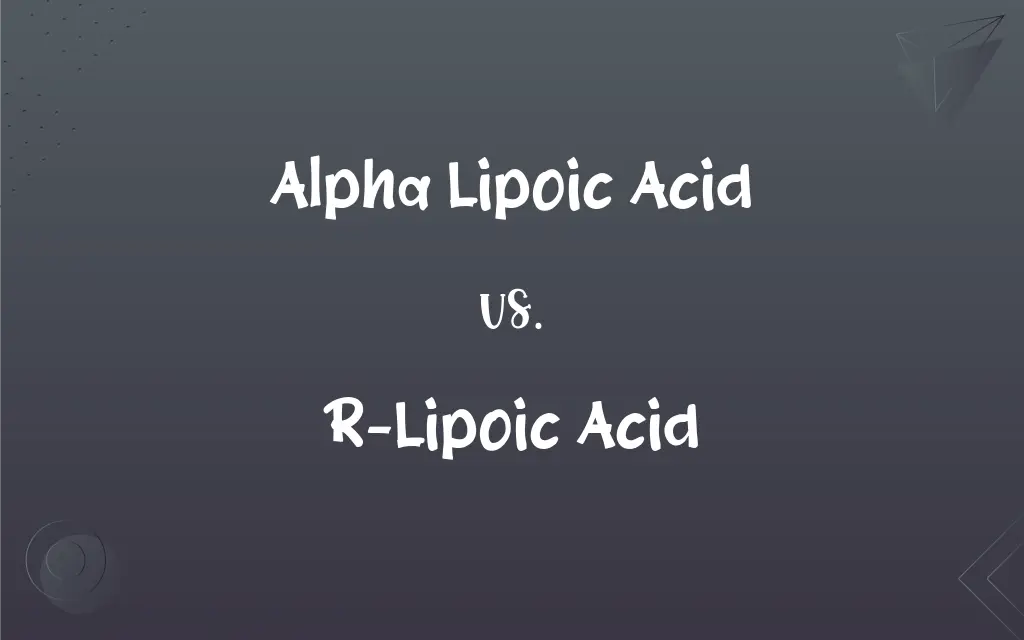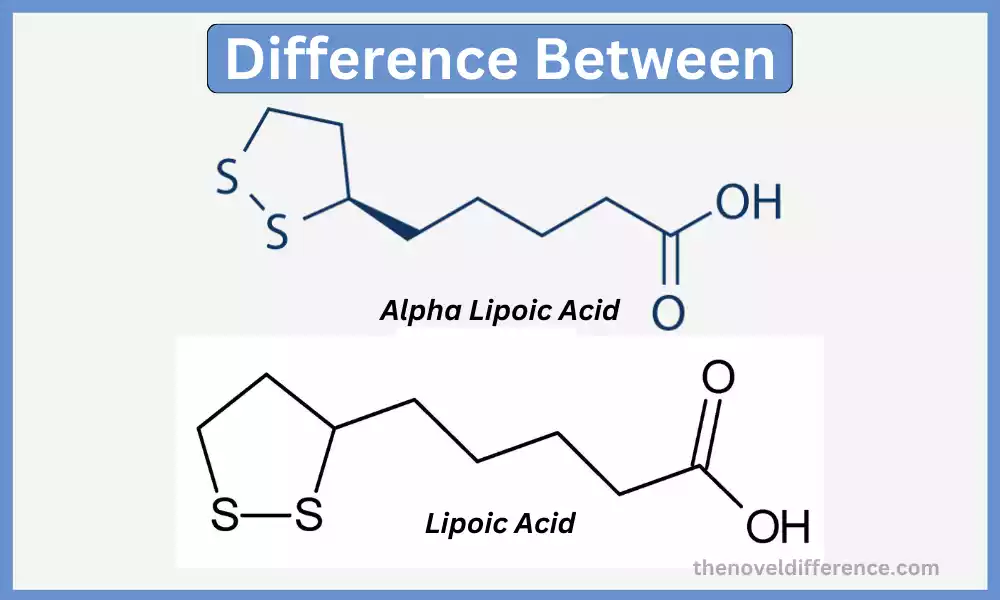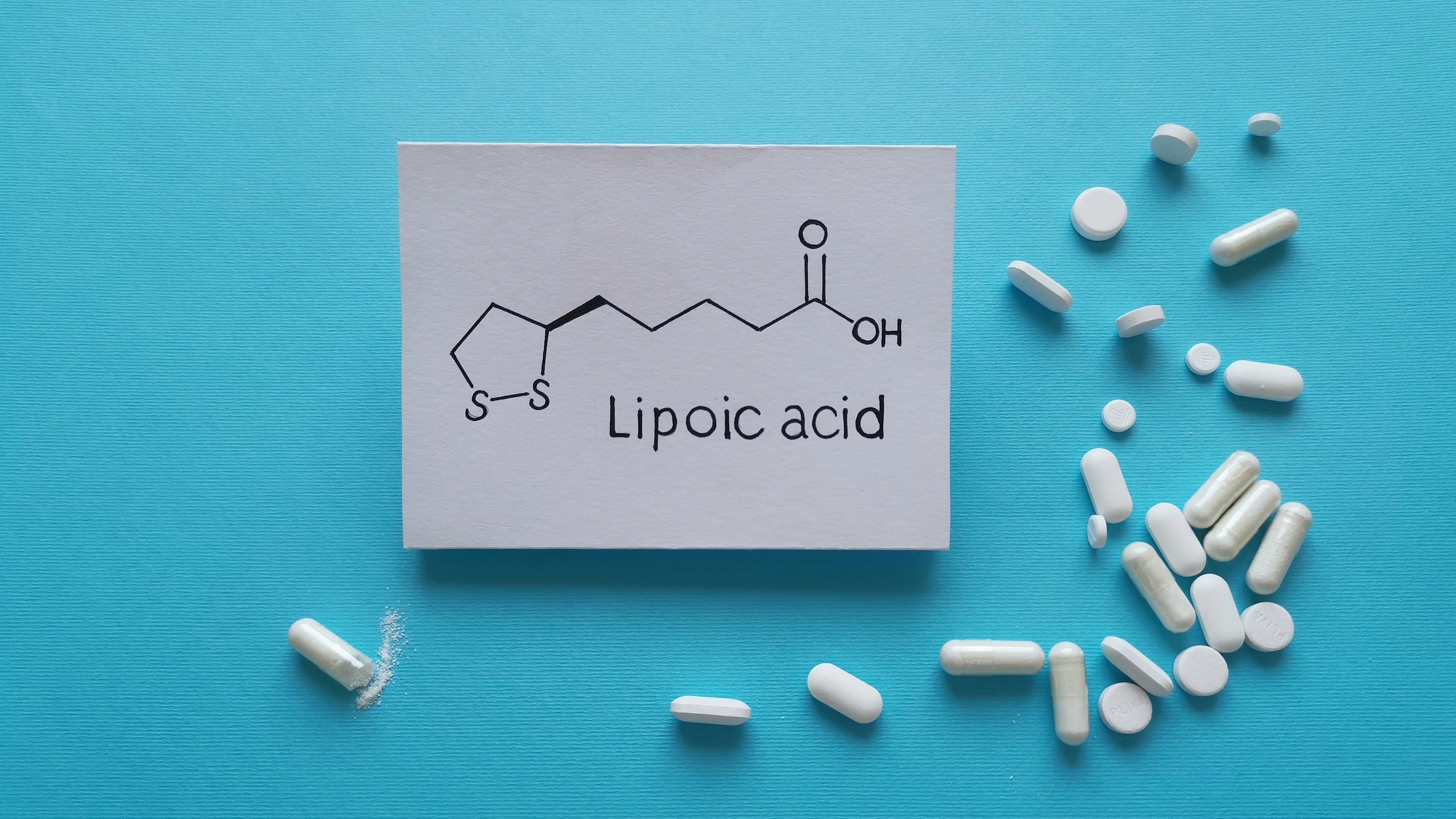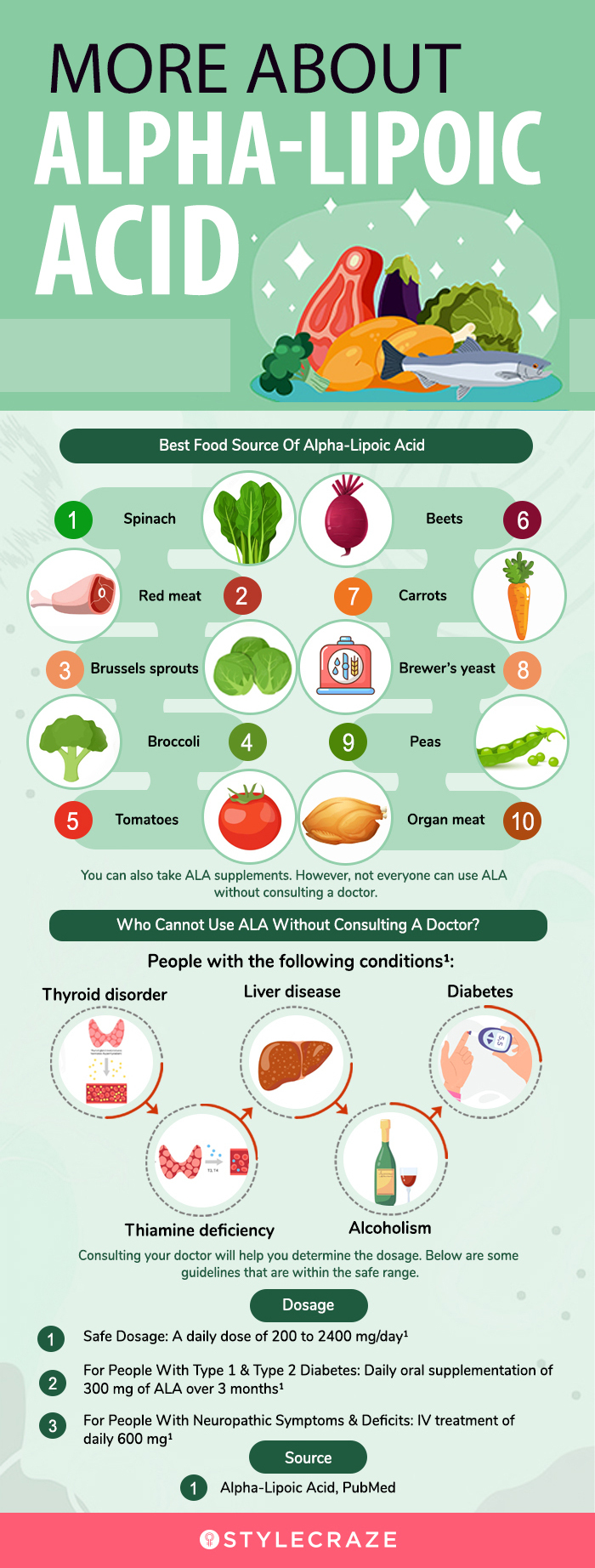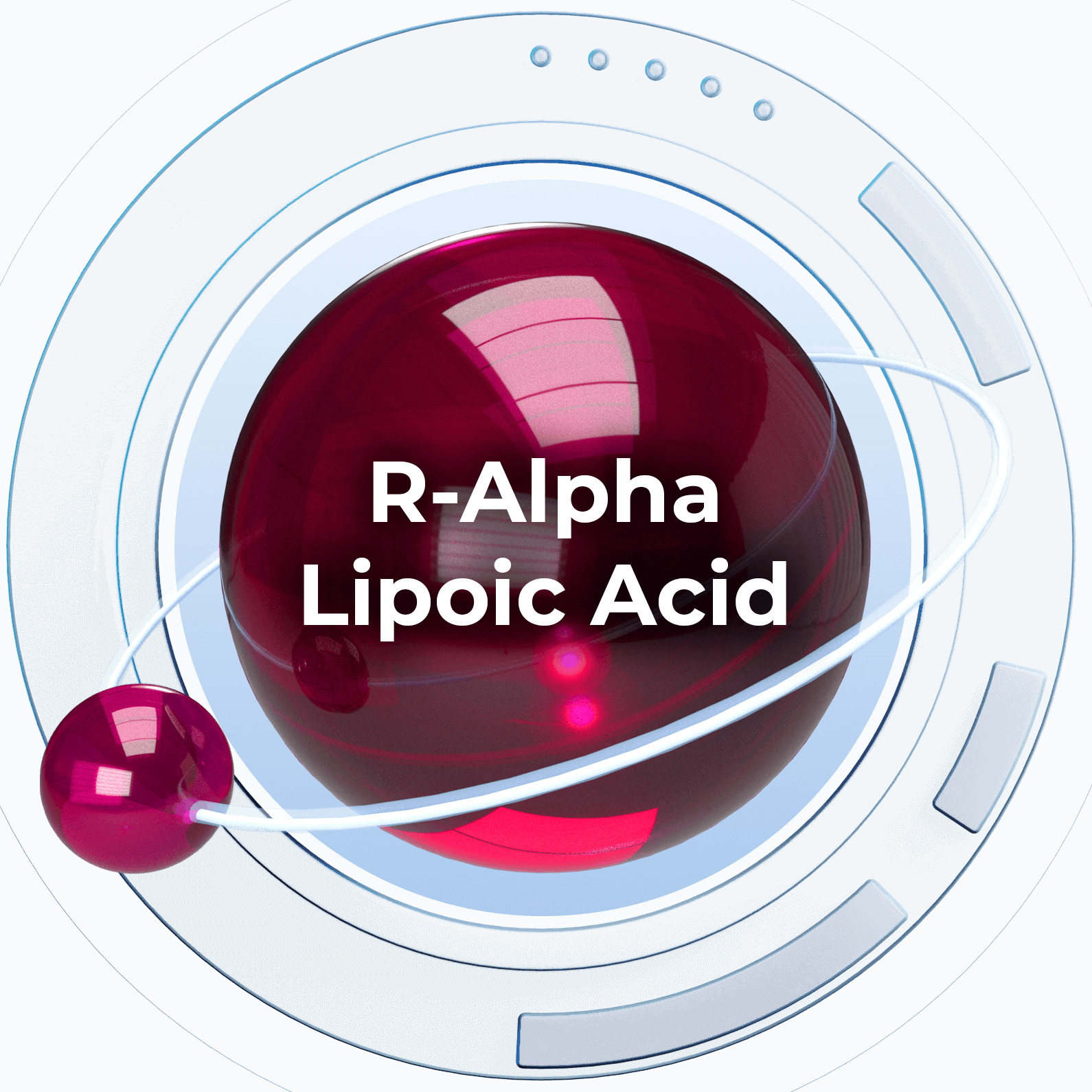Difference Between R Lipoic Acid And Alpha Lipoic Acid

Confusion swirls around lipoic acid supplements. Understanding the critical distinctions between R-lipoic acid and alpha-lipoic acid (ALA) is paramount for effective supplementation.
This article breaks down the key differences, empowering you to make informed choices regarding your health and well-being. Knowing the exact form of lipoic acid in your supplement can significantly impact its efficacy and potential benefits.
Alpha-Lipoic Acid (ALA): The Whole Picture
Alpha-lipoic acid (ALA) is a naturally occurring compound that functions as a powerful antioxidant in the body. It is vital for energy production, participating in metabolic processes within the mitochondria.
However, what many consumers don't realize is that ALA is actually a mixture of two different forms, known as isomers: R-lipoic acid and S-lipoic acid. Typically, commercially available ALA supplements contain a 50/50 blend of these isomers.
R-Lipoic Acid: Nature's Preferred Form
R-lipoic acid (RLA) is the naturally occurring form of lipoic acid found in plants, animals, and the human body. It is the isomer that is biologically active and responsible for most of ALA's beneficial effects.
RLA is directly involved in mitochondrial enzyme reactions crucial for energy production. Studies suggest it has superior bioavailability compared to the synthetic S-lipoic acid.
S-Lipoic Acid: The Synthetic Counterpart
S-lipoic acid is the isomer that is synthetically produced during the manufacturing of ALA supplements. It is not naturally found in the body.
While not inherently harmful, S-lipoic acid appears to be less effective than RLA. Some research suggests that it may even interfere with the absorption and utilization of RLA, diminishing the overall benefits of ALA supplementation.
Key Differences Summarized
The crucial difference lies in their origin and bioactivity. RLA is natural and highly bioactive, while SLA is synthetic and less potent.
Here's a quick comparison table:
Source: RLA - Natural; SLA - Synthetic
Bioactivity: RLA - High; SLA - Low
Effectiveness: RLA - Superior; SLA - Inferior
Prevalence in Body: RLA - Present; SLA - Absent
The Impact on Health Benefits
Numerous studies have explored the potential health benefits of lipoic acid, including improved blood sugar control, nerve pain relief, and antioxidant protection. However, many of these studies utilize ALA, the 50/50 mixture.
Increasingly, research is focusing specifically on the benefits of RLA. Evidence indicates that RLA may be more effective than ALA in achieving these health outcomes, particularly concerning nerve function and antioxidant capacity.
Why Choose R-Lipoic Acid?
Given its superior bioavailability and bioactivity, choosing RLA supplements offers a more targeted approach. You are directly supplementing with the active form that your body naturally uses.
However, pure RLA supplements tend to be more expensive than standard ALA. Carefully weigh the cost against the potential benefits.
Decoding Supplement Labels: What to Look For
Scrutinize supplement labels meticulously. Look for products that specifically state "R-lipoic acid" or "bio-enhanced R-lipoic acid."
Be wary of products that only list "alpha-lipoic acid" without specifying the isomer. Read the ingredient list thoroughly to ascertain if it's purely RLA or a mixture.
Potential Side Effects and Considerations
Both ALA and RLA are generally considered safe for most individuals when taken as directed. However, some may experience mild side effects such as nausea, stomach upset, or skin rash.
Individuals with diabetes should exercise caution and consult with their healthcare provider before taking lipoic acid supplements, as they may affect blood sugar levels. Always consult with a healthcare professional before starting any new supplement regimen.
The Future of Lipoic Acid Research
Ongoing research continues to investigate the specific mechanisms and benefits of both ALA and RLA. Studies are exploring the potential of RLA in addressing various health conditions, including neurodegenerative diseases and cardiovascular issues.
Expect further clarity in the coming years as more targeted research elucidates the distinct advantages of RLA over its synthetic counterpart.
Next Steps: Informed Choices are Key
Equip yourself with knowledge. Consult your doctor or a registered dietitian to determine if lipoic acid supplementation is right for you.
Prioritize RLA supplements for potentially greater benefits, understanding the associated costs. Stay informed as research continues to unveil the full potential of this powerful antioxidant.



